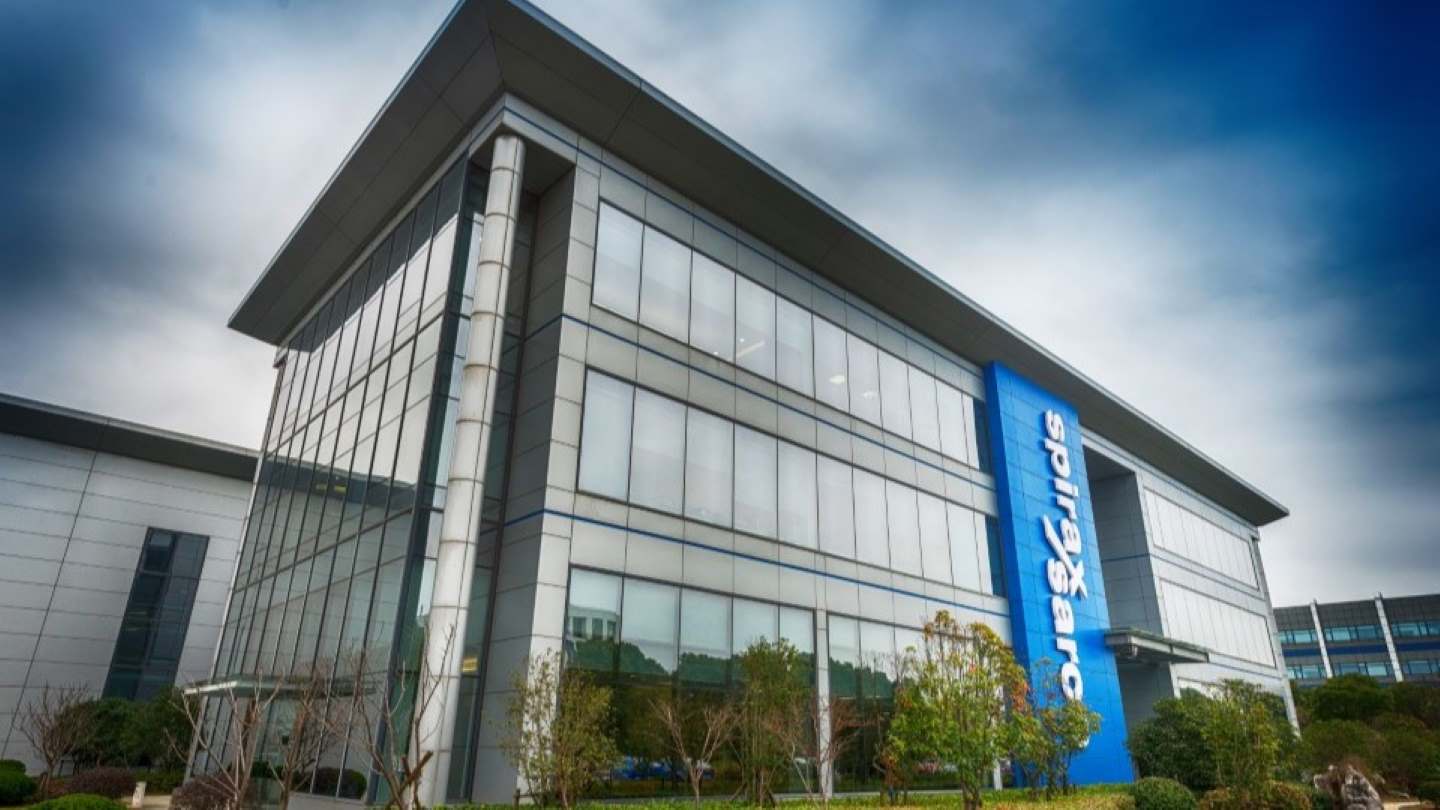05/11/2021
An interview with Nicholas Anderson, CEO of Spirax-Sarco Engineering plc, on the importance of leadership in the success of your sustainability strategy.
Nicholas discusses why the issue of sustainability is important to Spirax-Sarco Engineering, the actions that have been taken so far and the challenges ahead.
Video Interview: Nicholas Anderson, CEO of Spirax-Sarco Engineering plc
Why is the role of business leaders important in advancing the global sustainability agenda?
Leaders of enterprise whether large or small, all have an important role to play in leading the sustainability agenda, because we will all be held accountable by future generations by the decisions we make or that we fail to make.
Now I also recognise that the burden and the challenges of achieving sustainability are not evenly placed across all sectors of the economy. Therefore, I believe that companies like ours that are able to, should step up and lead the way towards industrial sustainability.
Why is sustainability important to Spirax-Sarco Engineering?
Sustainability is important to our company because it is aligned with our purpose which is to engineer a more efficient, safer and sustainable future for all our stakeholders.
It is also important to us because we are a critical supplier to almost all economic sectors and countries worldwide and therefore, I believe that we can be a positive multiplier of change.
What actions have you taken?
Our company has always been focused on improving our own sustainability and more importantly, the sustainability of all our customers. However, in 2020 we decided that it was time to accelerate those initiatives and we decided to review and refresh our sustainability strategy.
Earlier this year, in 2021, we launched our new and refreshed sustainability strategy which we have branded internally as One Planet, Engineering With Purpose.
Within our strategy, we have challenged ourselves to achieve net zero in scopes 1 and 2 Greenhouse Gas Emissions by 2030 and we have a very robust roadmap of how to get there, with intermediate targets to make sure we don’t leave it all until the last. We have also committed to achieve net zero in scope 3 emissions by 2050.
What are the challenges to making this work?
It takes courage to commit to these stretching targets because there are multiple different challenges and that means that many times you have got to take a leap of faith.
For example, not all of the investments that we need to make will (as we can see today) give us a positive financial return. Yet, we have made the commitments and we are going to make those investments, even if we can’t see an immediate financial return.
Also, there are challenges around infrastructure and there are challenges around technologies that are not all readily available. However, we are absolutely committed to achieve these goals, and we will find the answers to all of those questions as we go down that road.
What is your final message?
My final message is that we must all commit now to take the actions that are necessary to build a better future for our planet, despite all the uncertainties and unanswered questions that we still have. We have to make these commitments and we have to hold ourselves accountable, so that we can build a better future for the next generations.
Spirax Sarco commences production of components for life-saving breathing aid
Industrial steam specialist, Spirax Sarco Limited, headquartered in Gloucestershire, has begun machining a critical component part for use in the UCL-Ventura breathing aid, a Continuous Positive Airway Pressure (CPAP) device that is being used to provide potentially life-saving oxygen to patients affected by COVID-19.
An announcement from our UK Training Centre
Did you know that our Spirax Sarco UK and Ireland training centre has been COVID secure since the beginning? Our training team has never stopped and has persevered in their commitment to our customers the whole way throughout this pandemic.
Spirax-Sarco Engineering plc committed to achieving carbon neutrality by 2040
Spirax-Sarco Engineering plc, parent company of Spirax Sarco UK, is one of over 40 leading UK companies that has committed to achieving carbon neutrality by 2040 and one of over 20 companies that has committed to biodiversity net gain.
Training and development in the ‘new normal'- Introducing Spirax Sarco Choices
There is no doubt that training as we know it has changed significantly since the UK and Ireland entered lockdown earlier this year with all face to face based training and development courses either cancelled or postponed to a later date.
Traditionally, all training courses delivered by the UK Steam Technology Centre (UKSTC) had been face to face. However, we have listened to what our customers say they need right now and have enhanced our offer with a range of choices across our training and development programmes.Q and A with Spirax Sarco's Rebecca Bowen, Project Manager and Natural Technology Lead
How long have you been at Spirax?
I’ve been with the company for over two and a half years now, but I really feel part of the furniture. Everyone has been so welcoming and there’s a great support network in place.
#INWED: how we celebrated the women raising the bar in engineering
We all have women in our lives who inspire us. At Spirax-Sarco Engineering, it’s the people we work with every day.

